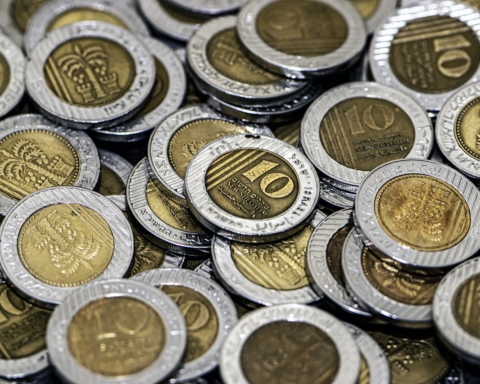As Israeli society continues to slowly reopen, the economy is struggling to catch up after its two-month lockdown. A sense of normalcy breezes through the air, yet restrictions are still set in place for residents, whether they choose to abide or not. In the latest numbers, 16,650 have been confirmed with COVID-19 and 278 have died. The decline continues though there is a hesitancy to fully resume based on the fear of a second wave.
Many of the businesses that have reopened don’t always seem to follow the required masks and social distancing rules. For restaurants and bars, who are currently only permitted to open for pickup and takeaway, the struggle is real. From the small-time local hot spots to the prestigious fine dining favorites, business owners are being rejected for loans and were forced to place employees on unpaid leave, it seems an impossibility that all can be rehired, without governmental help. Restaurants will be able to reopen as of Wednesday, May 27. Restaurants that can hold 100 people can operate at full occupancy, ensuring that tables are 1.5 meters apart. Larger restaurants can operate at 85%.
Other recreational activities are set to restart. Parks, playgrounds, and beaches are officially open. Sports teams, specifically soccer teams are set to return to play in the stadium; however, their fans won’t be invited to watch from the sidelines.
Trains are set to return on June 1. Schools will fully reopen this week, while universities and colleges will reopen June 14. Markets, malls, and gyms are fully open. Masks and social distancing requirements remain. There has been no official announcement on the return of international flights; however, Delta airlines will start operating flights between New York and Israel at the start of June.
Israeli researchers have just had successful lab trials, testing a vaccine on animals. As they continue trials, they hope to have a vaccine by the end of the year.








